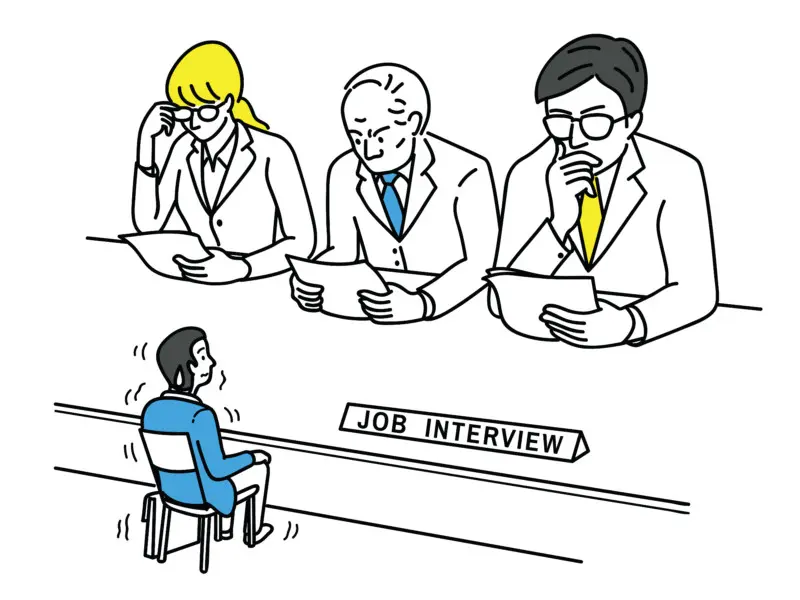I’ve changed the way I approach programming job interviews.
I’m done with the technical interviews and coding tests. As a programmer with over 20 years of experience, I should be the one asking the questions. Let me tell you why.
I’ve been on a journey through dozens of programming job interviews, technical interviews, and coding tests. At first, I was excited and eager to show off my skills and land a great job. But as the interviews kept coming, I started to feel frustrated, depressed, and demotivated. It seemed like every company had a different process and set of requirements, and I was constantly having to jump through hoops that had nothing to do with the actual job I was interviewing for.
When it comes to job interviews, it’s easy to fall into the trap of feeling like you’re the one being scrutinized and evaluated. However, it’s important to remember that the interview process is a two-way street. As a programmer, you have valuable skills and experience that are in high demand, and you should be using the interview to determine whether the company is a good fit for you.
One of the most important things to keep in mind when going for a programming job interview is that you should be interviewing the employer just as much as they are interviewing you. This means asking questions about the company culture, the specific job responsibilities, the team structure, and anything else that will help you determine whether the job is right for you.
By taking an active role in the interview process and asking insightful questions, you’ll be able to get a better sense of whether the job is a good fit for your skills, personality, and long-term career goals. You’ll also be able to demonstrate your interest in the position and show the employer that you’re committed to finding the right match.
Additionally, it’s important to not submit to a technical interview until you have a good understanding of what the job entails that the company is hiring for. This means doing your research on the company and the job description, and asking for more information if necessary. If the job responsibilities or technical requirements aren’t a good match for your skills or interests, it’s better to know that upfront rather than wasting your time (and the employer’s time) going through a technical interview for a job that isn’t a good fit.
Remember that a job interview is a two-way street. You should be interviewing the employer just as much as they are interviewing you, and you should have a good understanding of the job responsibilities and technical requirements before submitting to a technical interview. By taking an active role in the interview process, you’ll be able to find a job that’s the right fit for you and your career goals.

Sorry, the comment form is closed at this time.